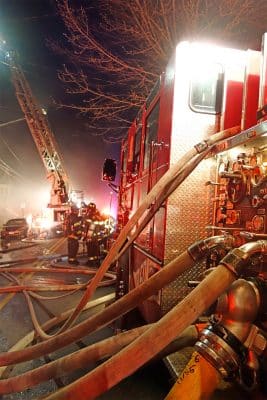No amount of training can fully prepare fire fighters and paramedics for certain traumatic events. Direct exposure to the worst of human suffering is enough to shake anyone to their core. How can fire fighters process these experiences and protect themselves against the long-term effects of trauma?
According to the Journal of Occupational Health, approximately 20 percent of fire fighters will meet the criteria for a diagnosis of post-traumatic stress disorder (PTSD) at some point during their career. While there is no clear-cut way to prevent this condition from developing, communication is key to helping affected fire fighters work through traumatic situations and continue to thrive physically and mentally.
By supporting fire fighters and providing a means to discuss traumatic events, more fire fighters can seek help when they need it and take steps toward healing.
The Use of Debriefings
Traditionally, debriefings have been the primary tool for fire fighters to process their experiences following a difficult call. Often, these debriefings are led by a debriefing team comprised of individuals outside of the firehouse. Debriefings usually involve the entire group or crew that was exposed to the traumatic event. The debriefing team systematically reviews the events of the incident and asks individuals to talk about their reaction to it.
A study published in the Journal of Workplace Behavioral Health assessed the effectiveness of this debriefing method. The study found that while some fire fighters found these traditional debriefings helpful, others left the meeting feeling worse about the incident.
The impact that a call has on a particular fire fighter is influenced significantly by the unique circumstances of their life. For example, someone who isn’t a parent might not be as deeply impacted by a traumatic call involving children as someone who has children.
The impersonal nature of traditional briefings and the potentially negative impact they can have on fire fighters are likely part of the reason why the World Health Organization (WHO) advises against them to reduce the risk of post-traumatic stress and depressive/anxiety symptoms. According to WHO, there is very low-quality evidence that such debriefings reduce the risk of post-traumatic stress or anxiety/depressive symptoms.
Finding What Works
While the findings about the benefits of traditional debriefings are mixed, anecdotal evidence points to the therapeutic value of talking to fellow fire fighters and loved ones after a traumatic event. In large part, this is because these conversations are usually more personal and tailored to the needs of each individual fire fighter, as well as the crew. Many crews debrief on their own after bad calls.
Peer Support
Some departments have seen positive results through the peer support model, appointing one or two fire fighters as designated helpers who reach out to members of the crew who might be struggling after a call. Peer support enables fire fighters to receive confidential help from a peer who is trained to provide assistance. Peers are often paired based on a mutual understanding or experience that bonds them. For fire fighters experiencing personal, emotional or work-related problems, peer support can be a vital link to additional resources and professional help when needed. Peer support builds trust, community, and acceptance among fire fighters.
Learn more about the IAFF Peer Support Training program.
Self-Care
Fulfilling basic mental and physical needs is essential at any time, but it becomes particularly prudent after a traumatic event. Sleeping, eating healthy meals, physical activity, staying hydrated and making time for relaxing and reflective activities, such as yoga, meditation or journaling, are all fundamental to maintaining health and happiness.
Professional Help
Sometimes, the long-term impacts of trauma are unavoidable. If you or a fire fighter close to you is experiencing symptoms of acute stress disorder (ASD) or PTSD after a traumatic event, it may be time to seek professional care. If left unaddressed, symptoms of these conditions can affect nearly every aspect of daily life. However, with proper intervention, fire fighters and paramedics can learn to cope and go on to lead healthier, happier lives.
Even when every precaution is taken, some fire fighters still develop PTSD, depression or anxiety. The IAFF Center of Excellence for Behavioral Health Treatment and Recovery is committed to providing quality care to IAFF members. Reach out to a representative today for more information or to take the first step toward treatment.
Sources:
International Association of Fire Fighters. “PTSD and Cancer: Growing Number of Fire Fighters and Paramedics at Risk.” August 2016. Accessed January 7, 2020.
Jahnke, Sara. “Rethinking Firefighter Critical-Incident Debriefings.” FireRescue1, October 29, 2015. Accessed January 7, 2020.
World Health Organization. “Psychological Debriefing in People Exposed to a Recent Traumatic Event.” 2012. Accessed January 7, 2020.





